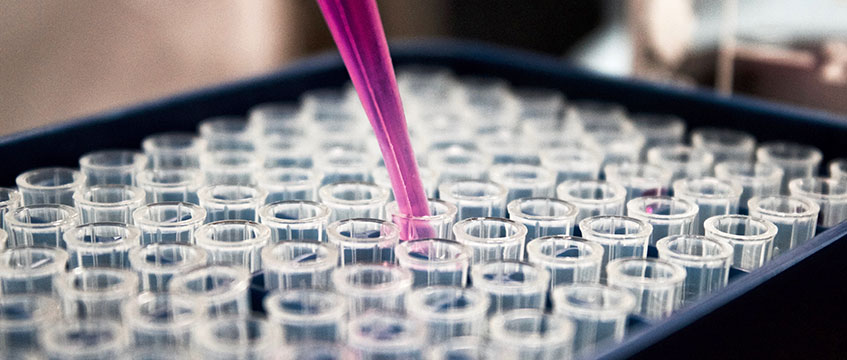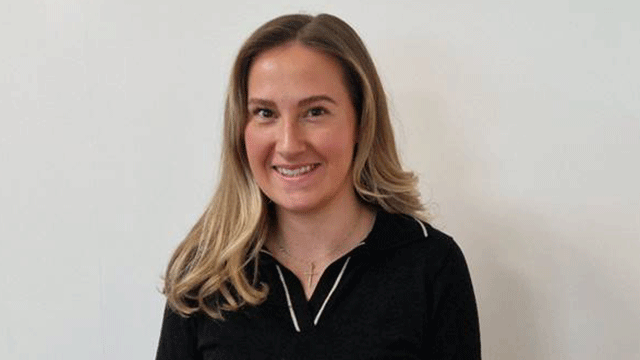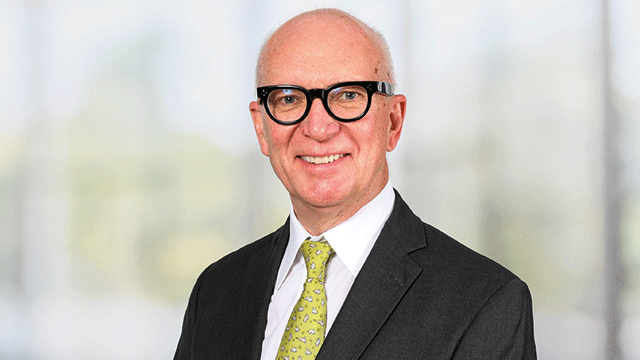No choice but to adapt: IPUT on post-Covid placemaking
Almost three years on from the beginnings of the Covid-19 pandemic, attitudes to workplaces and working practices are continuing to evolve, according to the team at Irish developer and investor IPUT Real Estate.
The company has updated a report first published with architecture firm Arup in the depths of the Covid-19 pandemic.
Titled Making Place, the 2020 original surveyed more than 2,000 individuals on office work, city living and the impact on real estate. The report then proposed a new urban design practice called “workplacemaking”, focused not only on changes to modern offices but also the neighbourhoods around them.
Almost three years on from the beginnings of the Covid-19 pandemic, attitudes to workplaces and working practices are continuing to evolve, according to the team at Irish developer and investor IPUT Real Estate.
The company has updated a report first published with architecture firm Arup in the depths of the Covid-19 pandemic.
Titled Making Place, the 2020 original surveyed more than 2,000 individuals on office work, city living and the impact on real estate. The report then proposed a new urban design practice called “workplacemaking”, focused not only on changes to modern offices but also the neighbourhoods around them.
Chief executive Niall Gaffney says now many of the findings around the importance of public realm, for example, were “ahead of their time, concluding that the nature and role of the traditional workplace was changing and that the design of office buildings and the neighbourhoods in which they are located would need to adapt as a result”.
Revisiting some of the same questions for the updated report, Gaffney and colleagues found shifts in attitude have stuck.
All respondents agreed that employees benefit professionally from sharing a physical work environment with colleagues and managers, with 70% saying they agreed “strongly” agreed. Similarly, all agreed that employees benefit socially and personally from sharing physical encounters and experiences with colleagues and peers, while 90% agreed companies benefit financially and operationally from having a physical presence in cities and towns.
Nonetheless, the report found that attracting workers back to the traditional workplace “remains a challenge for many organisations”.
“The rise of remote working doesn’t necessarily mean city centres and neighbourhoods will never recover – it simply means they must adapt,” Gaffney said. “For this to happen, collaboration between all stakeholders is essential. Developers, city planners and employers all have a role to play in creating enticing workplaces.”
To send feedback, e-mail tim.burke@eg.co.uk or tweet @_tim_burke or @EGPropertyNews










